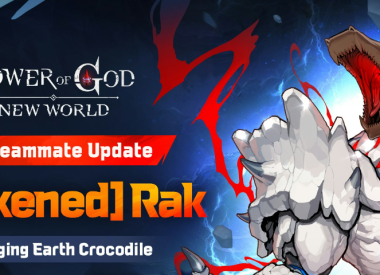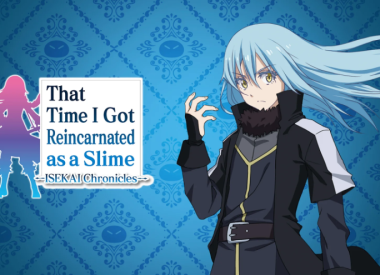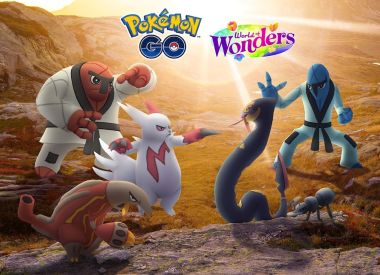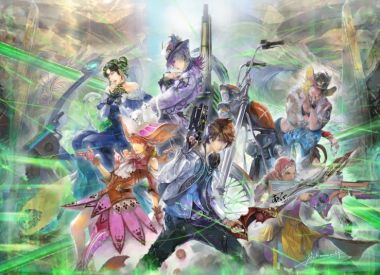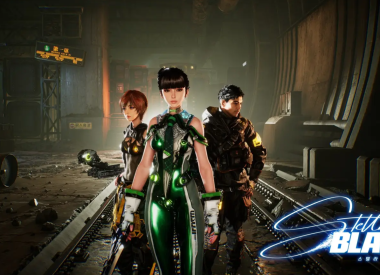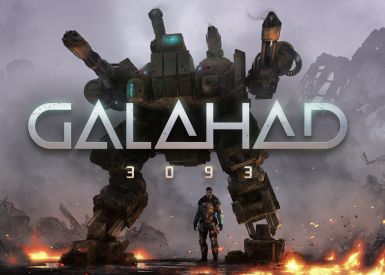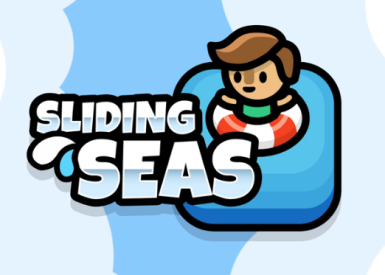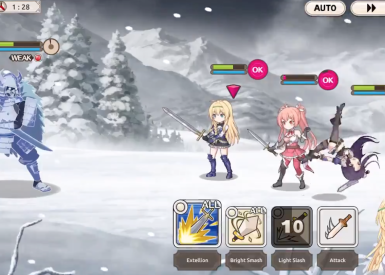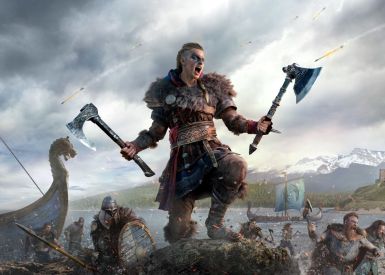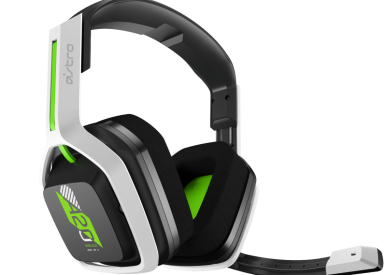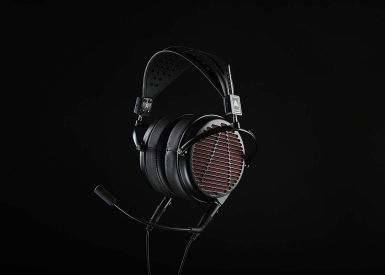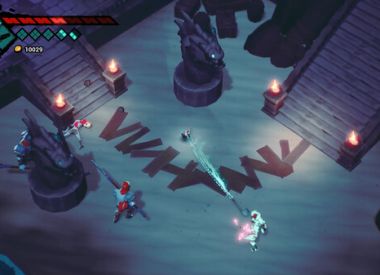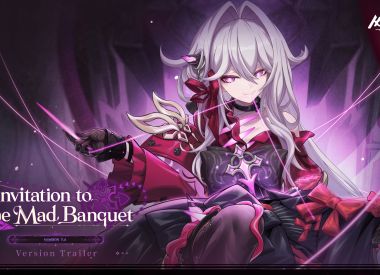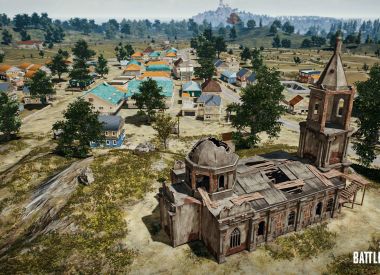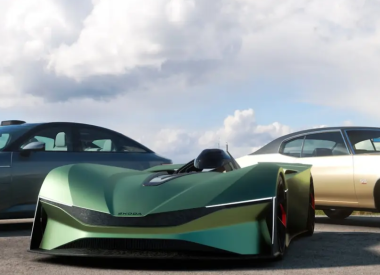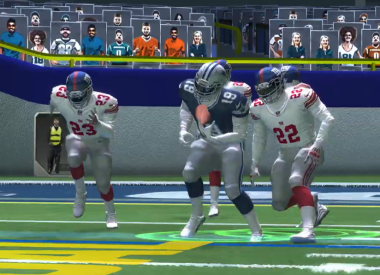Legend of Zelda: Breath of the Wild, which comes out next year, is the biggest open-world RPG of 2017 and the most significant since the mammoth 2015 releases of Witcher 3 and Fallout 4. Expectations are riding high and Nintendo needs to sell a lot of copies—and ideally a lot of Nintendo Switches too. And it will. But for Breath of the Wild to truly succeed and expand beyond the built-in Nintendo base, it needs to be able to stand alongside those other two games. Can Breath of the Wild join the rarefied pantheon of Witcher, Fallout and Skyrim?
Can Breath of the Wild Equal Witcher And Fallout?
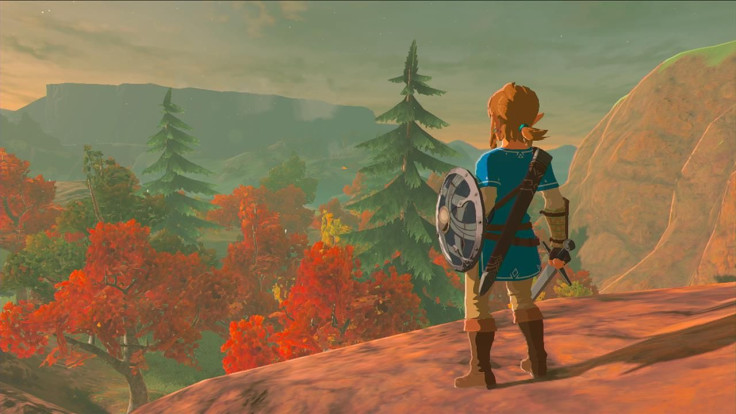
Here’s the truth: In one sense, Breath of the Wild can’t beat the great open-world RPGs of this generation. Witcher 3 is a storytelling tour de force that redefined what an open world game could be; Fallout is an incredibly deep and comprehensive world with a huge amount of freedom. Both have strengths and weaknesses. But the strengths of both are weaknesses when it comes to Zelda games. Trust me: Breath of the Wild won’t be a narrative tour de force, and it won’t have nearly the sheer amount of stuff to do as Fallout, from base-building to intense and deep crafting systems.
To equal its rivals, Breath of the Wild needs to do something uniquely different and entirely its own. Just like Witcher can’t compare to Skyrim in terms of sheer freedom and the amount you can do, and Fallout can’t compare to Witcher in terms of narrative, Zelda must stake out its own niche. And luckily, Zelda has been doing that sort of thing for years.
Zelda’s strength isn’t in narrative or offering what feels like a real living world. Instead, the Legend of Zelda series has always felt mythic. It’s a world based on folklore and legend and fairy tale; it’s a pretty pure expression of Campbellian mythology. Interestingly, the series often evokes its own mythology, creating a sense of history, loss, and a world gone by within the game. Twilight Princess probably did the best job of this, although Skyward Sword’s impressionistic tone and visuals seem more in line with Breath of the Wild. It’s probably for the best that Breath of the Wild isn’t a “dark” Zelda game; it can’t match Witcher 3’s gothic tone.
Legend of Zelda: Breath of the Wild needs to evoke a true sense of wonder and we know that the series is up to the challenge. Ocarina of Time did the same thing over twenty years ago, creating an open world that defined what the genre could be. Remember entering the Temple of Time for the first time, or reaching the Shadow Temple, or becoming an adult? Those are the moments that define a Zelda game.
Is Breath of the Wild up to the task? Is the game a grand enough adventure to feel on par with Witcher and Fallout? Only time will tell, but we can certainly hope.
